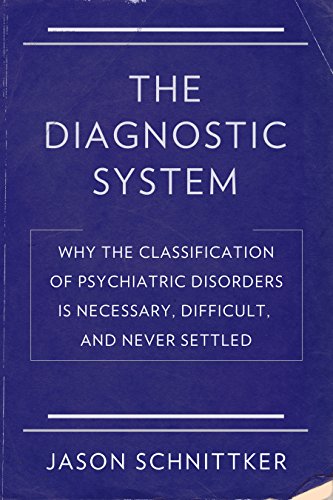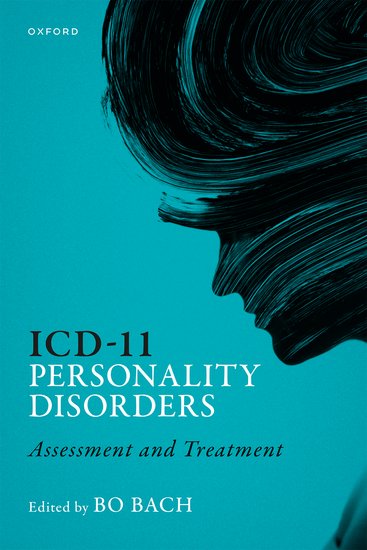The Diagnostic System: Why the Classification of Psychiatric Disorders is Necessary, Difficult, and Never Settled

Book Details
- Publisher : Columbia U.P.
- Published : 2017
- Cover : Hardback
- Pages : 368
- Category :
Clinical Psychology - Catalogue No : 40521
- ISBN 13 : 9780231178068
- ISBN 10 : 0231178069
There are currently no reviews
Be the first to review
Mental illness is many things at once: It is a natural phenomenon that is also shaped by society and culture. It is biological but also behavioral and social. Mental illness is a problem of both the brain and the mind, and this ambiguity presents a challenge for those who seek to accurately classify psychiatric disorders. The leading resource we have for doing so is the American Psychiatric Association's Diagnostic and Statistical Manual (DSM), but no edition of the manual has provided a decisive solution, and all have created controversy. In The Diagnostic System, the sociologist Jason Schnittker looks at the multiple actors involved in crafting the DSM and the many interests that the manual hopes to serve.
Is the DSM the best tool for defining mental illness? Can we insure against a misleading approach? Schnittker shows that the classification of psychiatric disorders is best understood within the context of a system that involves diverse parties with differing interests. The public wants a better understanding of personal suffering. Mental-health professionals seek reliable and treatable diagnostic categories. Scientists want definitions that correspond as closely as possible to nature. Everyone seeks definitive insight into what they regard as the right target. Yet even the best classification system cannot satisfy all of these interests simultaneously. Progress toward an ideal is difficult, and revisions to diagnostic criteria often serve the interests of one group at the expense of another. Schnittker urges us to become comfortable with the socially constructed nature of categorization and accept that a perfect taxonomy of mental-health disorders will remain elusive. Decision making based on evolved understandings is not a weakness but an adaptive strength of the mental-health profession, even if it is not a solid foundation for scientific discovery or a reassuring framework for patients.
Customer Reviews
Our customers have not yet reviewed this title. Be the first add your own review for this title.
You may also like
Sharpening Psychology's Concepts: The Spirit of Jungian Psychology and the...
Wolfgang Giegerich
Price £32.99







